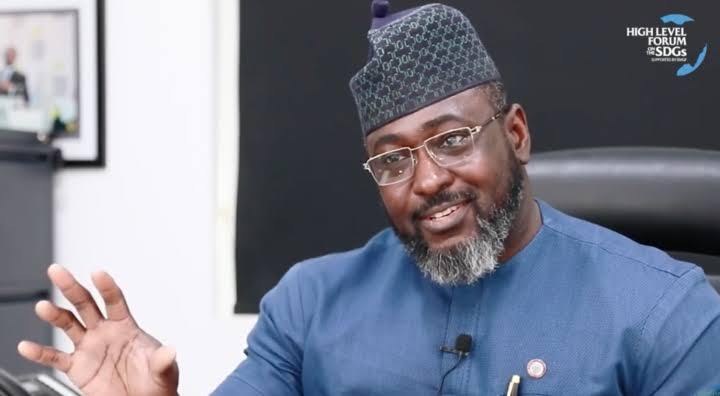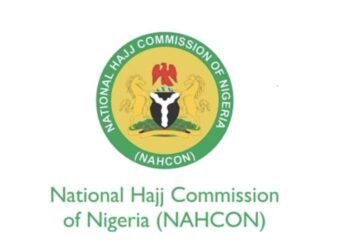Dr. Tayo Aduloju, the Chief Executive Officer of the Nigeria Economic Summit Group (NESG), has recommended that the Federal Government sustain crude oil production at a level of 2.2 million barrels per day (bpd) to ensure the feasibility of the 2025 budget.
During a media engagement in Abuja, where NESG presented its strategic vision for 2025 along with a macroeconomic outlook for the private sector, Aduloju emphasized the importance of maintaining this production level amidst historical fluctuations in Nigeria’s crude oil output. He highlighted three significant production benchmarks: 1.1 million bpd, 2.2 million bpd, and 2.8 million bpd, and their respective impacts on the national economy.
Aduloju remarked that achieving a production level of 2.2 million bpd is a realistic target, stating, “Reaching 2.2 million bpd, regardless of crude oil prices, is essential for a viable budget.” He noted that the government had successfully increased production from 1.1 million bpd to 2.2 million bpd and even to 2.8 million bpd, demonstrating that incremental growth in daily oil production is achievable.
Unveiling “The Arc of the Possible,” NESG’s strategic framework aimed at fostering Nigeria’s economic development, Aduloju reiterated that targeting 2.2 million bpd is realistic and within reach. This strategy emphasizes actionable solutions that promote growth and prosperity across key sectors in the short to medium term.
Achieving this production target, he explained, would positively influence the economy by stabilizing the foreign exchange market and increasing foreign earnings. This would also enhance government initiatives on deregulation, liberalization of the downstream sector, and effective regulatory governance.
However, Aduloju stressed the necessity of political stability for sustaining production levels. He called for immediate action to restore stability in Rivers State and continued funding for government security enhancement plans due to their critical role in national oil production and overall economic health.
He stated, “Effective implementation of stabilization reforms could potentially accelerate Nigeria’s Gross Domestic Product (GDP) growth to 5.5 percent by 2025.”
The NESG report, titled “Stabilisation in Transition: Rethinking Reform Strategies for 2025 and Beyond,” acknowledges the government’s efforts in addressing cross-sector challenges. It highlights the expected positive impacts of improved electricity supply and fuel availability, which are anticipated to reduce business disruptions, particularly for Nano, Micro, Small, and Medium Enterprises (NMSMEs), thereby enhancing productivity and economic performance.
Improved foreign exchange availability is expected to support operations in the manufacturing sector, which relies heavily on imported raw materials and intermediate inputs. In agriculture, addressing issues related to financing, storage, warehousing, and logistics will enhance sector performance.
Aduloju emphasized that the oil and gas sector remains vital for economic growth, contributing significantly to foreign exchange inflows, external balance resilience, and government revenue. He projected that the manufacturing sector would benefit from stabilization policies aimed at addressing power supply challenges and lowering input costs.
The NESG report forecasts a decline in inflation to 24.7 percent under optimal stabilization efforts, signaling improvement in the country’s macroeconomic stability. Effective coordination of fiscal and monetary policies is identified as crucial for achieving the anticipated reduction in inflation.
Aduloju noted that a relatively stable foreign exchange market, bolstered by increased supply and diminished speculative demand, will be key in curbing inflation. He highlighted that enhanced productivity across critical sectors, especially agriculture, is expected to significantly alleviate inflationary pressures in 2025.
“Increased agricultural output will enhance food supply, mitigate scarcity, and ease food price inflation, a major contributor to overall inflation in the country. Moreover, improved security in food-producing regions will facilitate better access to farmlands and supply chains, further stabilizing food prices,” he concluded.










